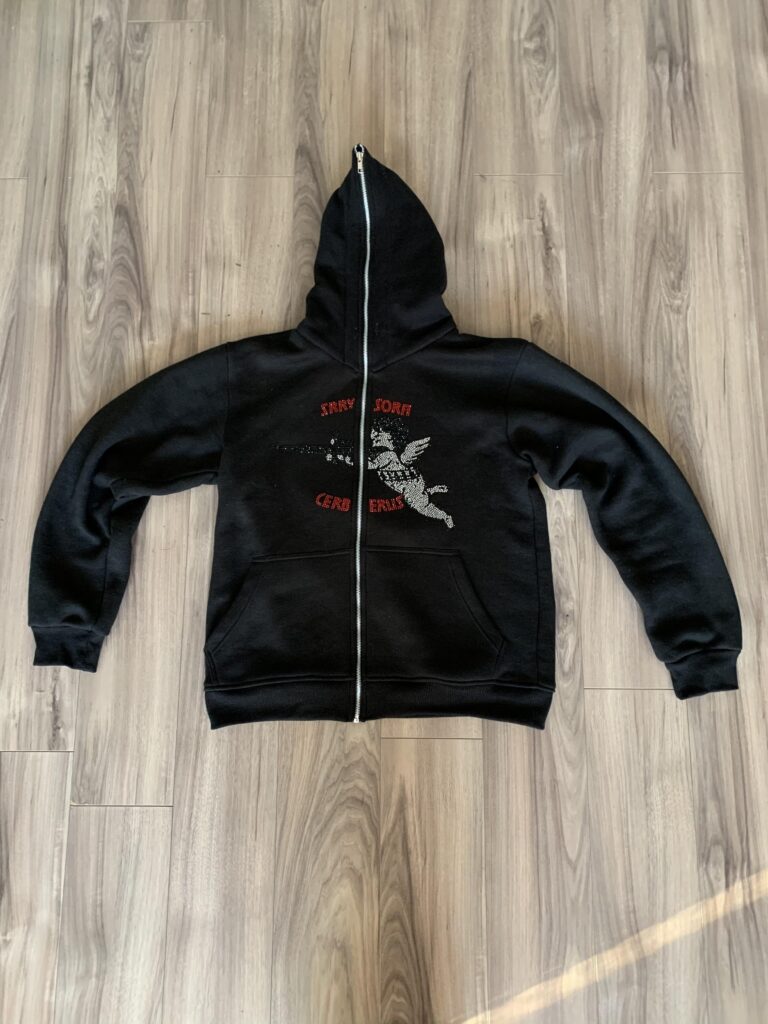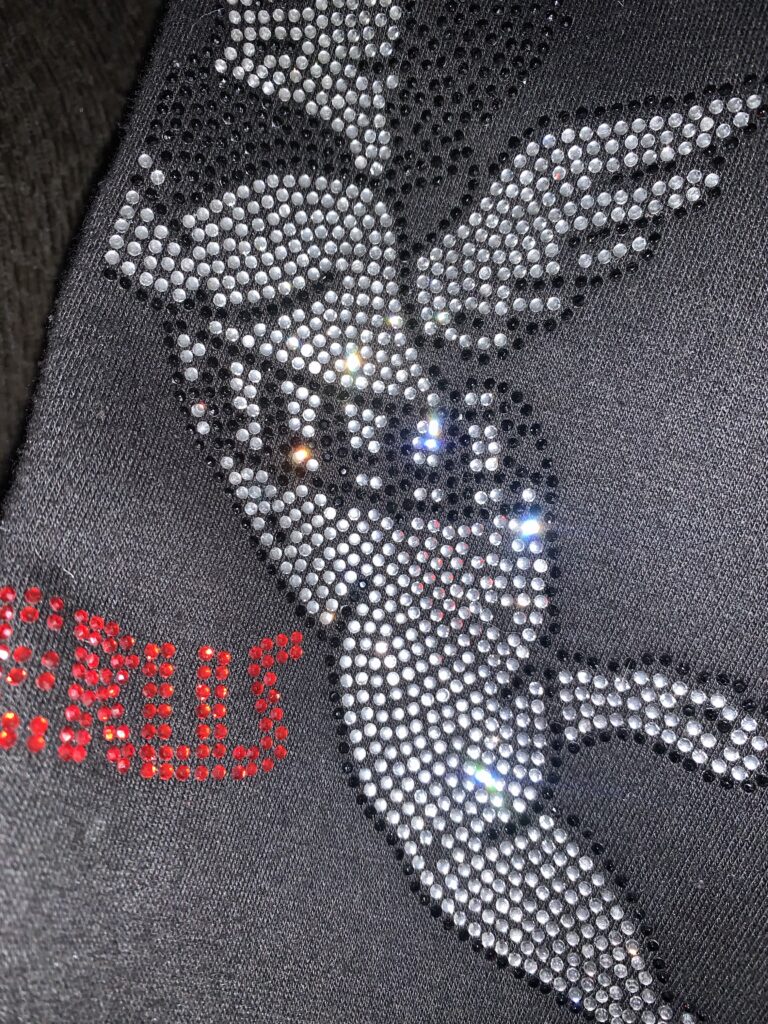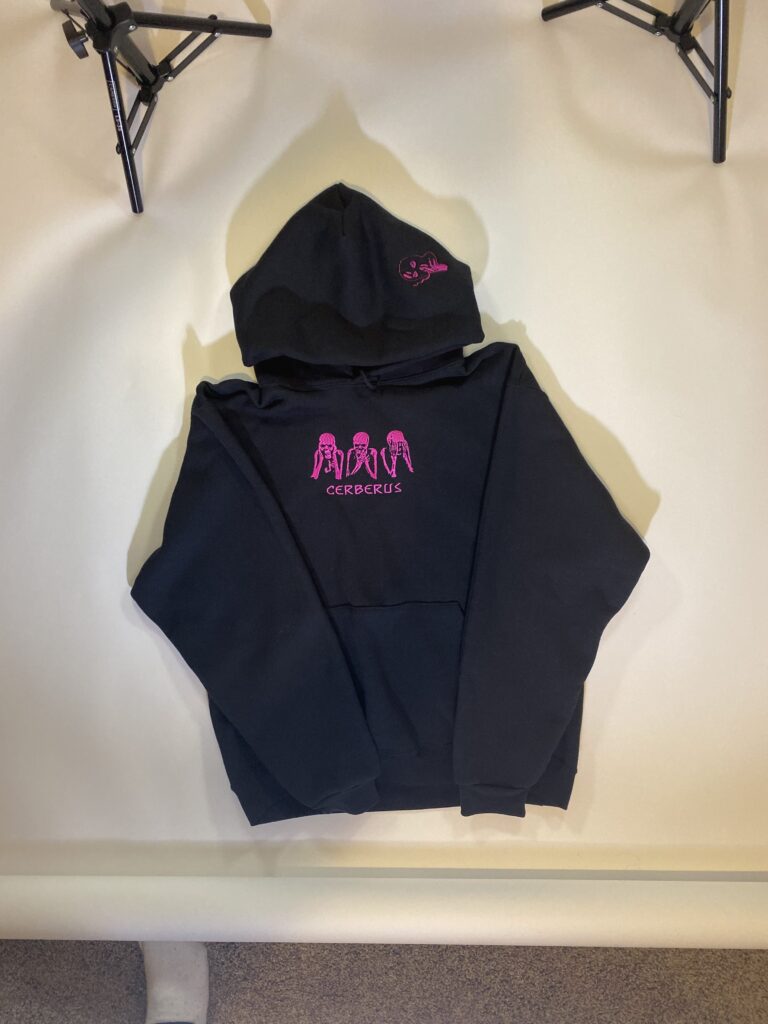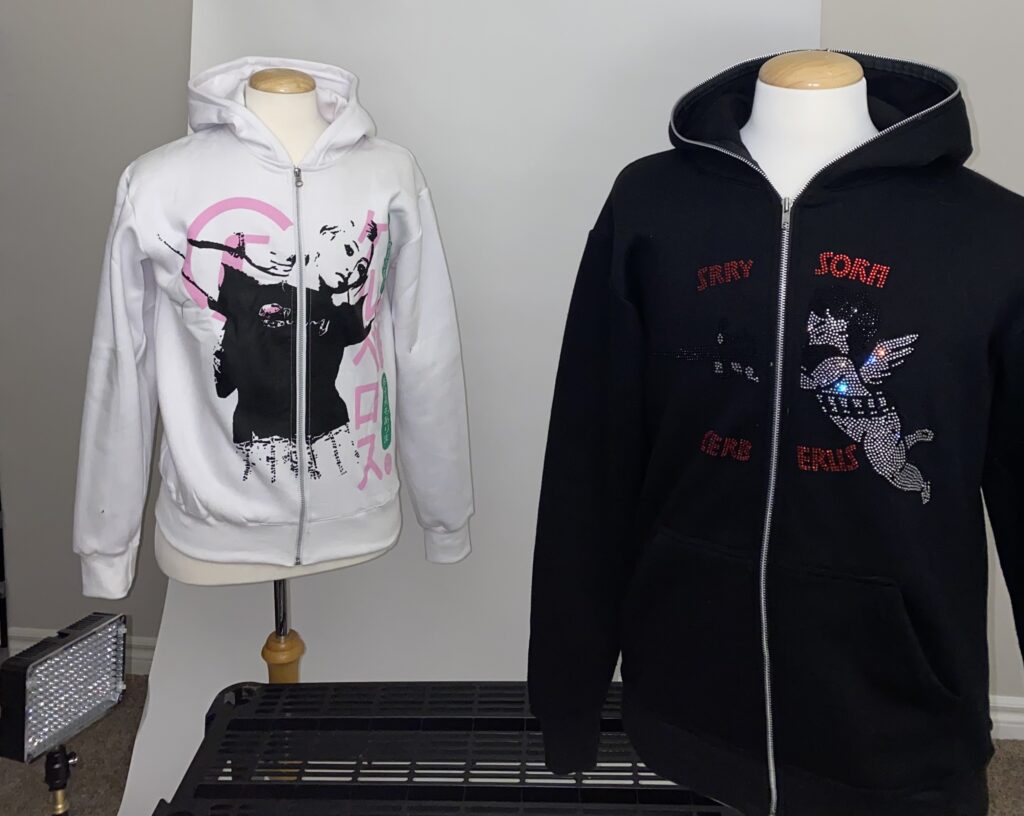By Azalea Young
Like most people who were largely confined to their homes after the global COVID-19 pandemic was declared in the spring of 2020, Cecilia Pham was getting increasingly bored. At the same time, her mother began to complain that she hadn’t had her lashes done for a while, since such services were prohibited at the time. Those two things coming together early of the pandemic hatched the idea of starting a lash technician business, Cecilia recalled recently. While she approached the venture hesitantly at first, she decided to pursue it after discovering a course that would help her get her lash extension certification at her own time and pace. A short while later, Cece’s Lash Aesthetic was born.
These days, fledgling businesses like Cecilia’s are commonly referred to as side hustles. But, occasionally, a money making venture started by entrepreneurs or students—even as a summer job—blossoms into a fully functioning business with employees and serious financial backing.
Ivey Business School professor Janice Byrne can name a handful of ideas from students that have grown into small businesses with employees and even investors. One of them is Marlow, a web-based lubricated tampon business created by a team of women who were students at the business school in London, Ont. The company is the first of its kind to combine a variety of tampons and lubricant that can be purchased together through its website.
“The idea was born from a project that they were involved in in one of our classes,” says Byrne. “They’ve gone from pre-seed to now seed investment stage, so they’ve raised a significant amount of money already.”
For a student-run business, significant indeed: Marlow raised $500,000 in financing from angel investors in 2021 alone.
Byrne’s list of success stories includes other names in Canadian business from the large, such as WealthSimple, an online investment management company valued last summer at $2.5 billion, to the more modest like Wheel Easy, which offers full auto service in customers’ driveways.
There is a long history of student success stories in Canada, dating back to at least the early 1970s, when 17-year-old Greig Clark started painting houses door-to-door in Thunder Bay to make money to pay for his college tuition. His venture became known as College Pro Painters and grew to 500 franchises, 4,000 painters and summer sales of $40 million across North America before Clark sold the company in 1989.
That kind of success is a long way off for most young entrepreneurs like Cecilia. But she is far from alone as a student hoping to turn business dreams into reality. Bryce Roth launched a small clothing business called Cerberus, which he balances with his full-time attendance in the Fashion Management program at Humber College.
“Managing the whole logistics of it, I didn’t realize how much accounting goes into it, and managing different orders, and shipping, and the whole manufacturing process,” he said on a recent snowy Friday afternoon, lounging on a couch during one of his breaks. “It was kind of daunting at first, to figure out all that stuff on my own.”
The origin story of Cerberus dates back to when Bryce was still in high school. It was 2018, and he remembers longing to wear the kinds of clothes he saw on his classmates. But he didn’t have enough money to afford them, so he started making his own designs. When he decided to sell his creations to others, he named his company after the three-headed dog of ancient Greek mythology that guards the underworld, a figure he continues to feature in some of his designs.
“At the [start] I was doing small stuff, where I would design stuff on photoshop, and then go to a local store to get a blank hoodie embroidered,” he recalls.
Nowadays, he has an instagram following for his dozens of designs, and an online store through which he sells his fashions, from rhinestone-embellished hoodies to T-shits and zip-up sweaters embossed with his unique art.
Bryce and Cecilia came to their businesses in different ways, but what they share are stories about the scary and exciting parts of getting a businesses off the ground.
“I think everyone can definitely agree when they’re starting a business, it’s a competition,” Cecilia says adding that a big challenge for her is getting people in the door when there are so many options.
“I had to find a way [where] I had to be a little bit different.”
The process of getting certified as a lash technician is not a long or difficult one, and Cecilia says there has been a rise in lash technicians in her area—Vaughan. She knew that this meant she would have to offer lash types that were different from those offered by her competitors, so she got certified in four different types of lash sets: natural, hybrid, volume, as well as a super-thick style called mega volume, which Cecilia does not offer at the moment. The difference in lash sets is the thickness of individual eyelashes, she explains.
She advertises her service on social media and sees about 10 clients a week, which she says is all she can handle alongside school work for her Entrepreneurship program at Toronto Metropolitan University (TMU). “Usually I take three appointments when I have one class in the morning,” she says.
Choosing which manufacturer to buy the supplies she needed from also took some time, and was a process filled with trial and error. She initially had clients who were complaining about their lashes not lasting long enough because of the products she was using on them. “It took me a long time to find the right product and the right vendor for myself to actually produce the right service,” she says.
Both Cecilia and Bryce work out of their homes for now, but they are dreaming of bigger things, including hiring employees.
It’s not easy for a business to get beyond the start-up phase, especially with funding is required to do so. Fundsquire—a startup financing specialist for entrepreneurs with offices in Australia, the UK, and Canada—says 20 per cent of startups in Canada fail in their first year and around 60 per cent will go under within the first three years.
Even successful student entrepreneurs like Nadia Ladak, one of the founders of tampon company Marlow, understand the fears and frustrations of getting a new business off the ground. In a 2022 interview with Women of Influence, a Toronto-based mentorship organization, Ladak acknowledged those hurdles but also offered advice to aspiring entrepreneurs who have little more than an idea. Find a low cost way to test out the idea “before jumping all in,” she said, and seek out initial feedback from friends and family. She also advised young entrepreneurs to make sure to do surveys to understand what customers want.
“Entrepreneurship is all about continuous learning and iteration, so be open to building, learning, measuring, and adjusting accordingly,” Ladak said, crediting her success to the people around her, including family and advisors who “put up with the late night rants” and celebrated her wins.
Byrne, one of her former professors, endorsed the idea of thinking big but starting small.
“Just do it, just start doing things on the side, just start dabbling, just start experimenting,” she said.





